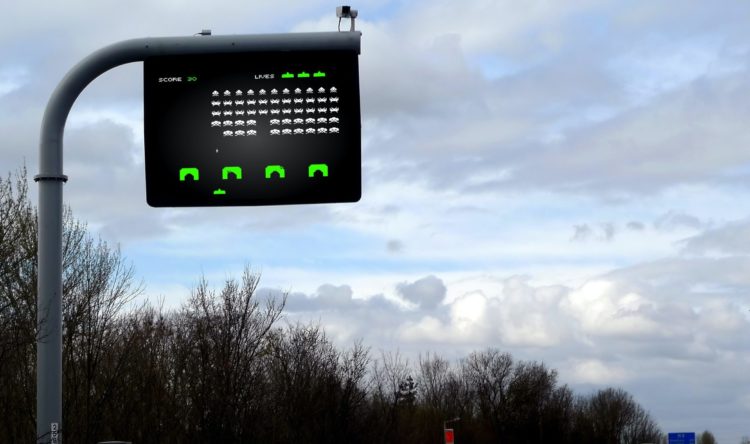TRL Newsbite: TRL call on public to drive slower to protect the NHS
The recent country-wide lockdown has left many of us feeling as if the risks of driving have decreased due to the reduction of vehicles on the road.
However, Transport Research Laboratory (TRL) have identified the driving risks that are still present during the outbreak of COVID-19.
There is a wide-spread belief that ‘low-level’ speeding isn’t an issue in the current climate where more pressing matters should be prioritised. The Times recently reported on this, stating motorists had received letters from police quoting it is “not in the public interest” to pursue prosecution for “low-level driving offences” as the majority of people are “only a little bit over”. However, TRL have called to attention the effect that even ‘low-level’ speeding can have, by highlighting how just a 1% increase in average speed can mean a 3% increase in serious injury crashes and a 4% increase in fatal crashes.
This simply can’t be ignored. In fact, TRL have praised the actions of The Isle of Man government who identified this risk in March 2020, reducing the speed limit on the island to 40mph where it had previously been 50 and 60mph. The island’s government were clear to further explain their move in a media release, stating the reduction was “designed to minimise the risk of accidents leading to bed spaces being occupied as the Island’s health service plans for a spike in the number of people needing hospital treatment.”
Whilst too early to measure the effect this has had, the response was supported and met positively by the public. TRL is using this message to prompt everyone that collectively small changes in our driving habits can still have a substantial impact on public safety and help protect our NHS.
Would you like to find out more? To get a viewpoint from TRL on the current driving risks during the COVID-19 outbreak, please contact [email protected] to organise a call to discuss further.





